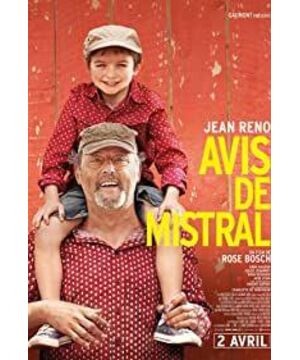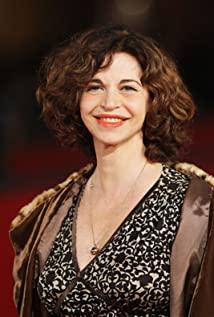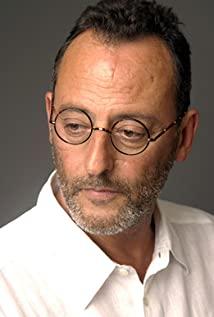South of France, Provence, not only lavender.
All the contradictions and discords melted under the scorching sun of Provence.
Both generations are troubled by all kinds of problems, but they all achieve reconciliation through the strength of the family. This kind of story is a cliché. The audience does not see fierce conflicts, only a bland narrative. Many questions have no answers, but the answers are also implied. The setting of three grandchildren gives more audiences the opportunity to bring in, but it is impossible to conduct in-depth reflection in such a short period of time. The theme is single, and the power is almost weak. At the end, the long silent dialogue between father and daughter indicates both the result and the method: understanding is achieved in communication, and peace is gained in understanding.
This is a poem. The streets and alleys of Provence exude hormones and are filled with the enthusiasm of bullfighters. Song and dance, food, special sports, the most appropriate way to observe the secular world is to participate. The background of human society is dazzling natural scenery. One after another, the ridges and the vast flat land, the boundless sea and the blue sky, and the emerald green of the olive trees extending into the distance, make people feel relaxed and happy. When the export of weak ideology becomes more and more difficult (or this is a false proposition in the first place), the export of natural scenery and human landscape can be transformed into economic benefits.
In this small town, there is only truth, goodness and beauty. Even drugs and violence are all to set off harmony. Life here is warm and serene, novel and unrestrained. Playing in well waters, flirting with foreign tourists, and meeting romantic French men (women), everyone can find their own happiness here. How can the audience not be moved? When the heart flutters, French cinema succeeds, Provence Tourism succeeds.
View more about My Summer in Provence reviews











